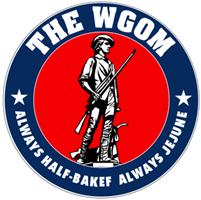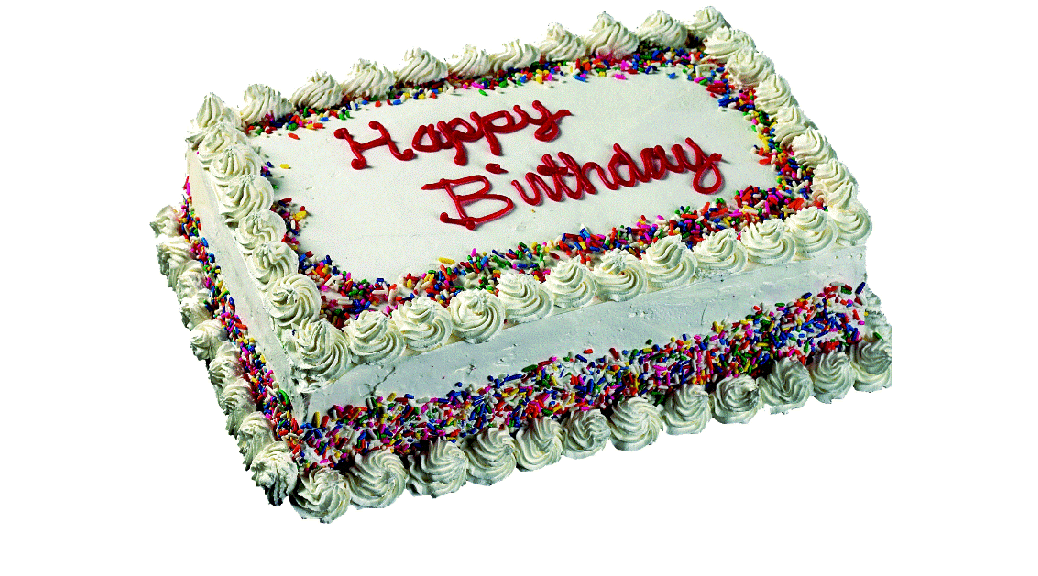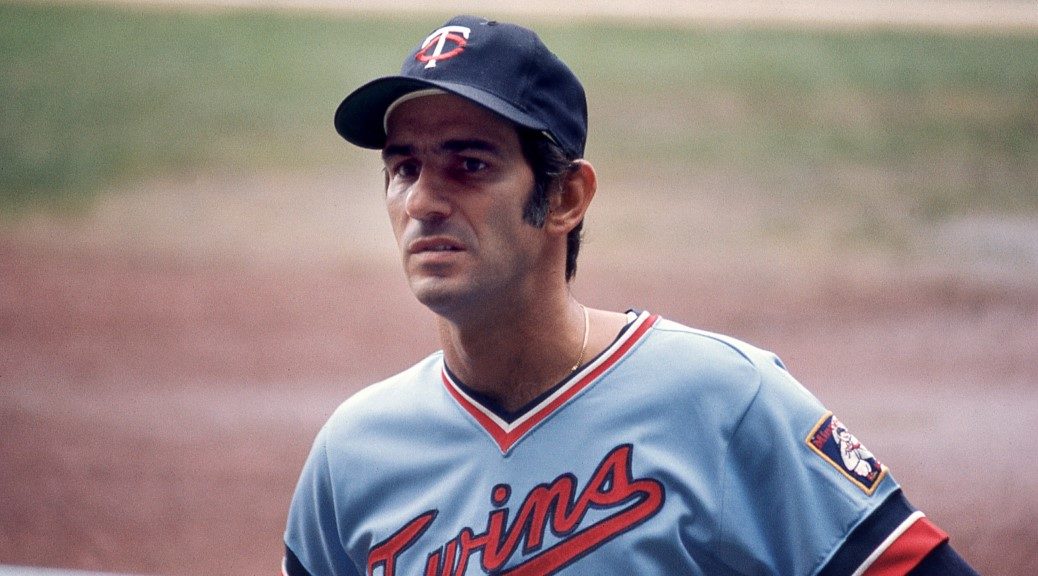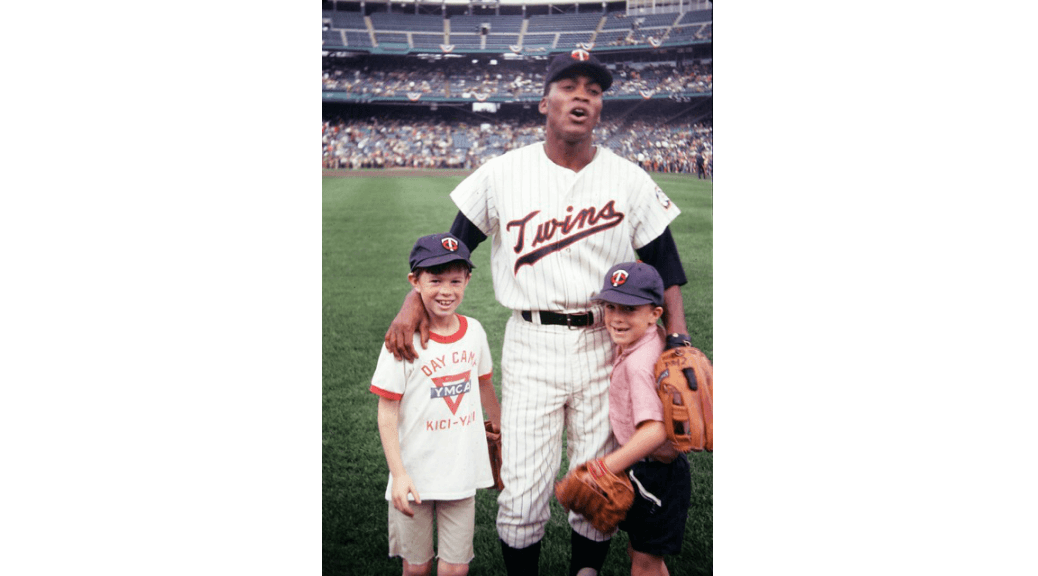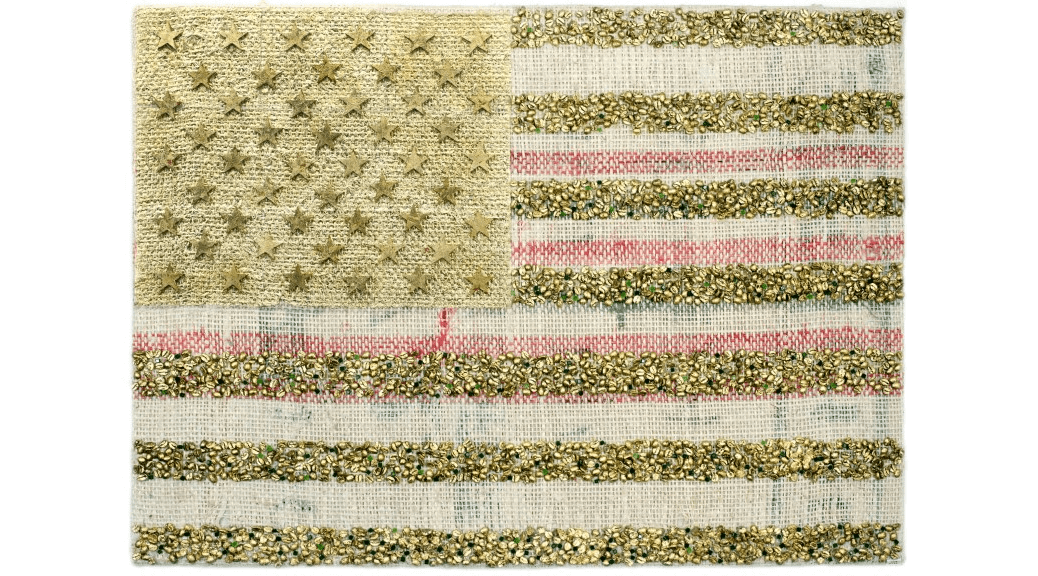MINNESOTA 4, CHICAGO 3 IN MINNESOTA
Date: Tuesday, April 21.
Batting stars: Cesar Tovar was 2-for-3 with a triple, a walk, and a stolen base. Harmon Killebrew was 2-for-4 with a three-run homer, his second.
Pitching star: Jim Kaat pitched 7.2 innings, giving up three runs (one earned) on seven hits and no walks and striking out one.
Opposition stars: Carlos May was 2-for-4 with a double. Tommy John pitched six innings, giving up three runs on seven hits and two walks and striking out one.
The game: The White Sox scored in the first inning. Ken Berry and Luis Aparicio opened the game with singles, and an error put Chicago up 1-0 before a man was retired. A pickoff and two fly balls ended the inning with no further damage.
The Twins did little for the first five innings, getting a few singles but never putting more than one man on base. The White Sox added to their lead in the sixth when John singled, an error put men on first and second, and May delivered a two-out single, making the score 2-0.
The Twins took their first lead in the bottom of the sixth. Tovar led off with a walk, and Rod Carew doubled. With first base open, Chicago pitched to Killebrew and he came through with a three-run homer, putting the Twins up 3-2. The White Sox put two on with two out in the seventh, but could not tie the score. With two out in the bottom of the seventh, Kaat reached on an error and Tovar tripled, making the score 4-2.
Chicago got one back in the eighth. With two out, May doubled and Bill Melton singled him home to cut the lead to 4-3. In the ninth, Syd O'Brien led off with a single and was bunted to second. But Ron Perranoski came in to retire the next two batters and preserve the victory.
WP: Kaat (2-1). LP: John (0-4). S: Perranoski (3).
Notes: Killebrew was at first in this game. He mostly played third in 1970, with Rich Reese at first. That obviously hurt the defense--was it worth it on offense? It's hard to say. Reese wasn't that great on offense, batting .261 but with an OPS of just .703. On the other hand, had Killebrew played first, it would've left Rick Renick, Danny Thompson, or Frank Quilici at third, all of whom would most likely have been worse at the bat than Reese. Renick, in fact, was the third baseman in this game. The Twins won the division, so it's certainly hard to say it was a bad move to play Harmon there.
Carew missed much of the season with injuries, playing just forty-five games at second base. Thompson and Quilici shared the second base position, and saying there was a bit of a dropoff on offense is like saying there's a bit of a dropoff when come to the edge of the Grand Canyon. Quilici batted .227/.297/.291, for an OPS of .588. Thompson batted .219/.234/.248 for an OPS of .482. It's hard to believe the Twins couldn't find someone better to play second. Or, alternatively, that they couldn't find someone to play center and move Tovar to second. But they couldn't, or at least they didn't.
The Twins used some defensive replacements. Quilici went to third in the eighth in place of Thompson. Jim Holt went to left in place of Brant Alyea in the eighth. Reese went to first in place of Killebrew in the ninth.
This early in the season, of course, you're going to have some extreme batting averages, but it's still kind of remarkable that the first six batters in the Twins lineup were batting over .300: Tovar (.350), Carew (.359), Killebrew (.321), Tony Oliva (.359), Alyea (.444), and Renick (.333). The only ones who would stay at .300 were Tovar, who batted exactly .300, and Carew, who batted .366 in 191 at-bats. The Twins batted .262, which was tied for first in the league with Boston.
Killebrew led the team with 41 home runs. Oliva was second with 23. Alyea hit 16, George Mitterwald 15, Leo Cardenas 11, Reese 10, and Tovar 10. The Twins hit 153 home runs, fifth in the league. Boston led with 203.
The Twins had two excellent starters in Jim Perry (24-12, 3.02) and Kaat (14-10, 3.56). Luis Tiant was supposed to be the third starter and he did well when he was healthy, but he could make just 17 starts (7-3, 3.40). Bert Blyleven came up to take his place and also did quite well, going 10-9, 3.18. Dave Boswell was supposed to be the fourth starter, but he battled injuries and was ineffective when he could pitch, going 3-7, 6.42. His place was taken by Bill Zepp, who went 9-4, 3.22. Tom Hall also made eleven starts and went 11-6, 2.55 (including his relief appearances, obviously). Perranoski was the closer with 34 saves, although Stan Williams got some chances, too, notching 15 saves. Four other pitchers had saves as well: Hall (4), Zepp (2), Steve Barber (2), and Dick Woodson (1). The Twins had an ERA of 3.23, second only to Baltimore at 3.15. Their WHIP of 1.25 was fourth in the league. The Orioles led there, too, at 1.21.
Kaat made an error in this game. I mention that simply because, as you probably know, he won sixteen Gold Gloves in his career. He made 65 errors in his career, but then the man played for 25 years, so it's not like that's a lot. His career high in errors was eight, in 1969, and he still won the Gold Glove that season.
I mentioned a pickoff in the first inning. The White Sox had men on first and third with none out when Aparicio was picked off third. What's interesting is that the scoring on the play is pitcher to shortstop. I don't know why the shortstop was covering third on a pickoff from the pitcher. It seems like there must have been some sort of trick play there.
This was the third of a four-game winning streak for the Twins. The Twins won their first four, lost two, then won their next four.
Record: The Twins were 7-2, in first place in the American League West, percentage points ahead of California. They would finish 98-64, in first place, nine games ahead of Oakland.
The White Sox were 4-7, in fifth place in the American League West, four games behind Minnesota. They would finish 56-106, in sixth (last) place, 42 games behind Minnesota.
Random Record: The Twins are 48-46 in Random Rewind games.
